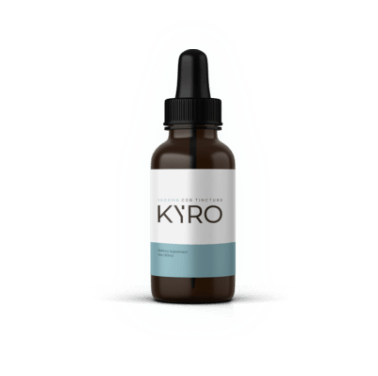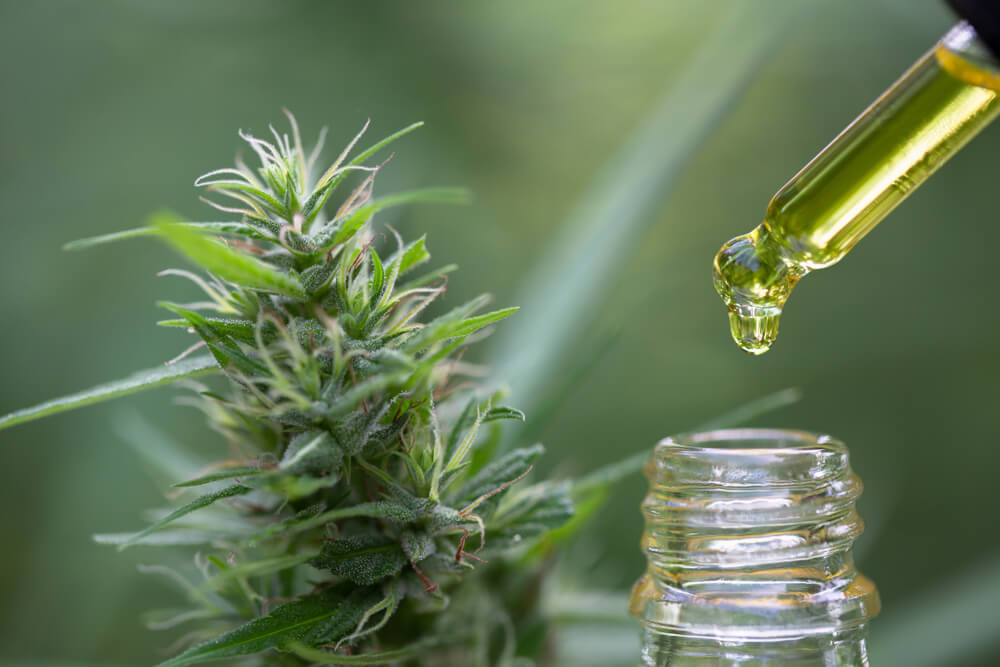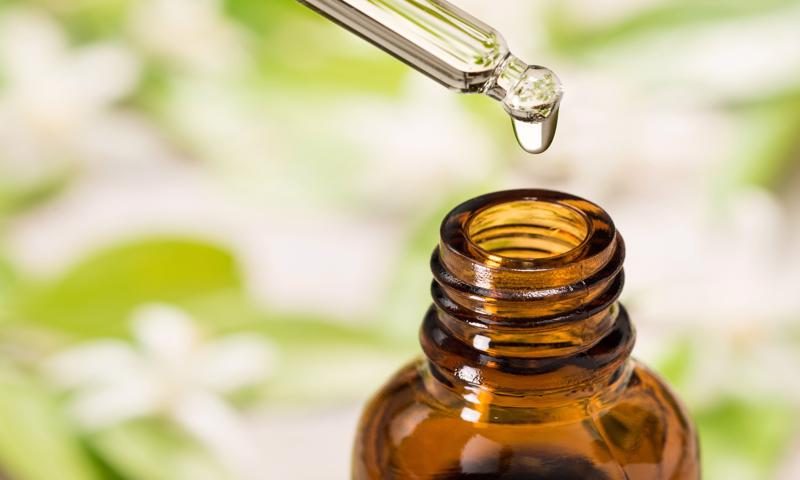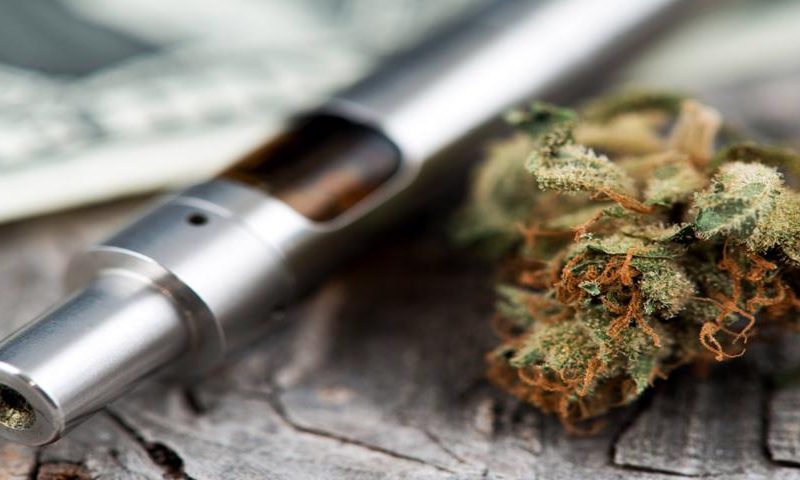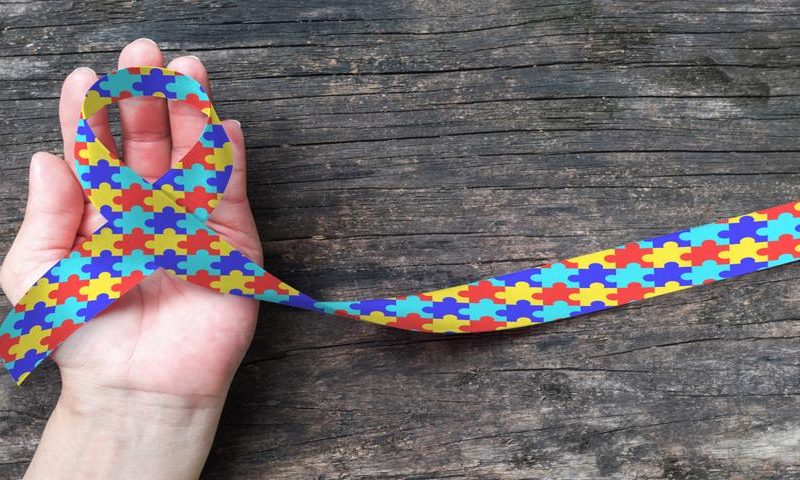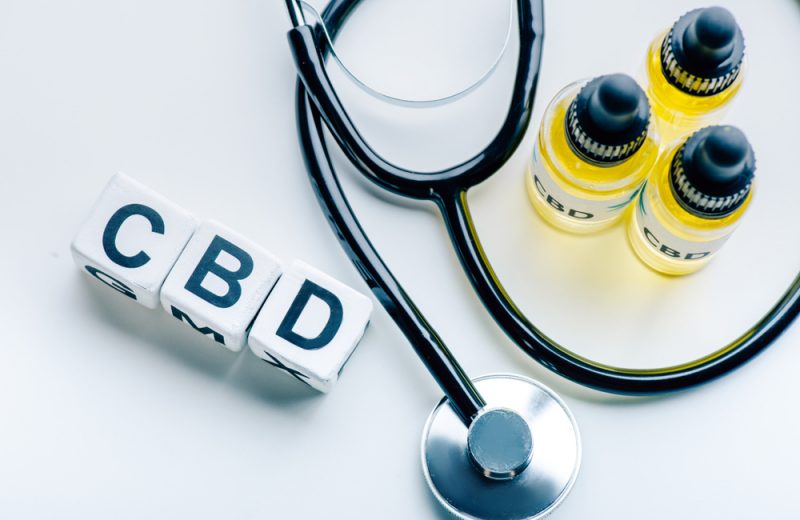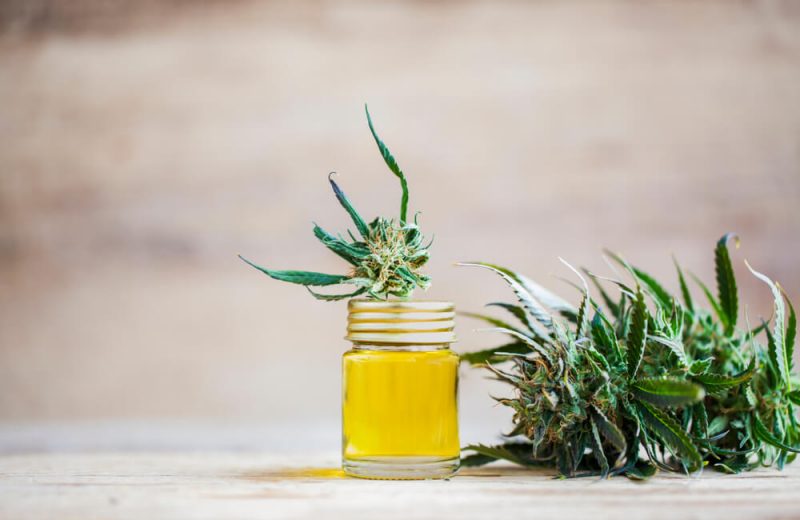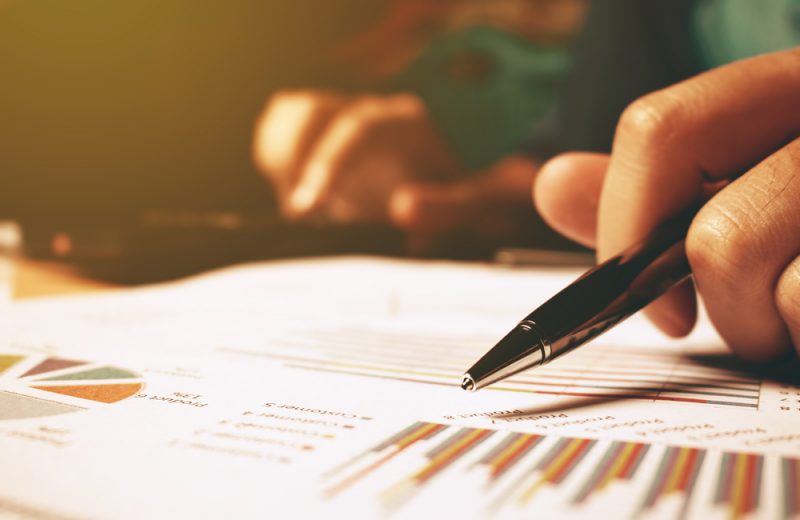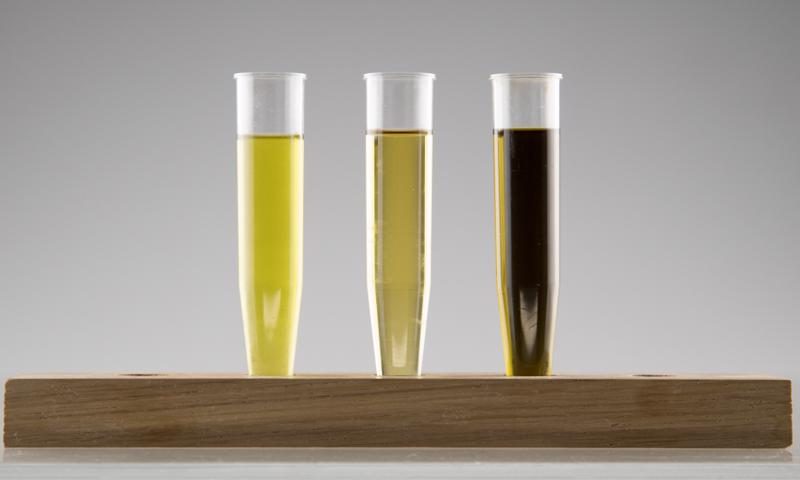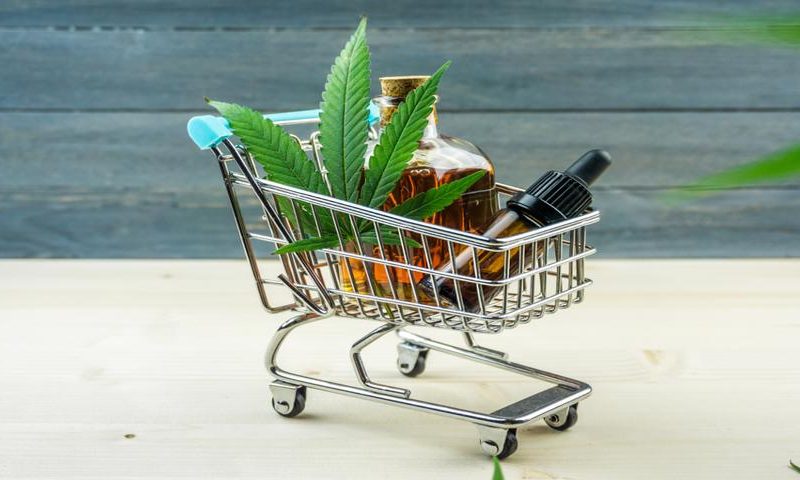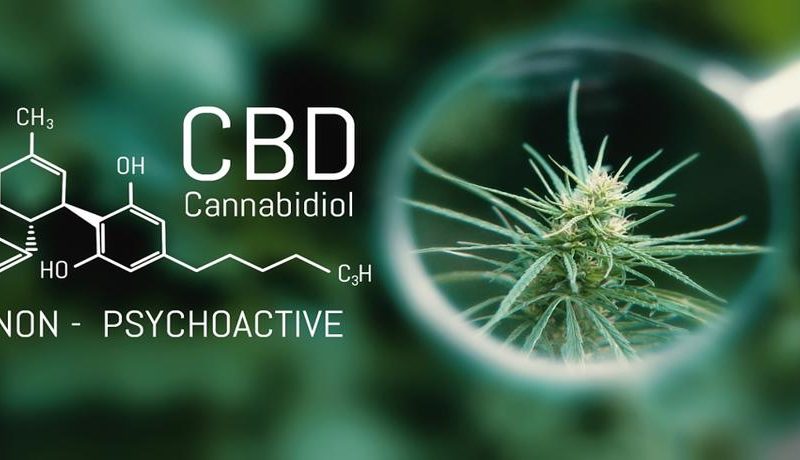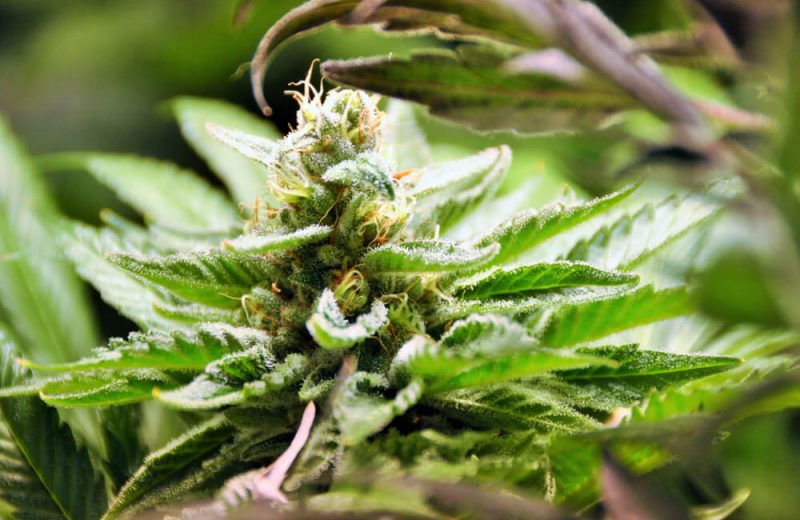Cannabidiol, or CBD, is a complex chemical substance naturally present in the Cannabis Sativa plant. Unlike its cousin THC (the active ingredient in marijuana), CBD does not intoxicate or produce the ‘high’ feeling.
CBD has become very popular in recent years as a therapeutic ingredient in many different products from oils and tinctures to edibles and creams. Interestingly, a growing body of research and reports from patients and experts seem to suggest that CBD may help with an array of health conditions and symptoms, such as anxiety, epilepsy, Parkinson’s disease, and even cancer.
With the Agriculture Improvement Act of 2018 now in full effect, many Illinoisans have questions about the legality surrounding CBD, particularly at the state level. We have put together this guide to answer frequently asked questions and to help you familiarize yourself with CBD legislation in the state of Illinois.
State CBD Laws vs. Federal CBD Laws
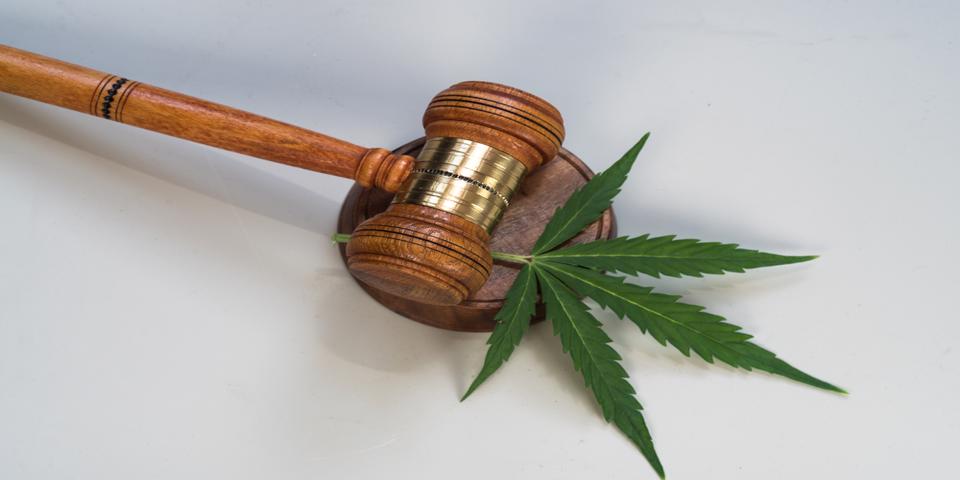
If you are confused about the legality of CBD in the US, you are not alone. This confusion is somewhat fueled by long-standing social stigma and the legal morass around cannabis. CBD is often associated with THC (Tetrahydrocannabinol), another well-known and highly contentious cannabis derivative, but the two are not the same.
CBD and THC are the two most common (and most active) of the more than 100 cannabinoids found in cannabis plants, notably hemp and marijuana. Despite both compounds having the exact same molecular structure, they are like chalk and cheese.
Even though both cannabinoids interact with the endocannabinoid System (ECS) in the human body, their effects are almost entirely different. THC binds directly to two primary cannabinoid receptors: CB1 and CB2. It is this powerful interaction that results in the high sensation you feel when you consume marijuana.
CBD does not bind with these two major receptors, so it cannot tamper with brain chemistry. This may also explain why cannabidiol doesn’t cause a euphoric effect, hallucinations, or the “high” associated with THC consumption.
CBD does have a natural affinity for other minor endocannabinoid receptors, however, with incredible effects.
For instance, some studies, including this 2014 research, have suggested a potentially combative interaction between CBD and 5-HT1A, a serotonin receptor known to influence a plethora of neurological and biological processes, such as pain sensation, sleep, appetite, addiction, depression, and anxiety, just to mention a few.
Additionally, CBD has been found to not only bind to TRPV1 and TRPV2, two ion channels in part responsible for both inflammation and pain perception, but it also activates the GPR55 receptor which has shown pain-relieving and anti-inflammatory potential.
These findings convey an encouraging explanation for CBD’s non-psychoactive properties as well as its neuroprotective, anxiolytic, analgesic, antidepressant, and other promising medicinal benefits. In a nutshell, although CBD does not make you high, it presents a promising therapeutic potential for several conditions.
For legal purposes, the federal government has acknowledged two types of Cannabis Sativa plants: marijuana and hemp. Currently, cannabis is illegal at the federal level and remains a Class A or Schedule I substance under the Controlled Substances Act (CSA), meaning that the federal government classes it as a drug with high abuse potential and no currently-recognized medicinal uses.
That was the federal government stance until the Agriculture Improvement Act of 2018 (popularly known as the Farm Bill) was signed into law by President Donald Trump. This sweeping legislation struck industrial hemp and its derivative products from the CSA and therefore made them legal in all 50 US states.
This change in status, in effect, authorized the sale, use, and possession of CBD products if they contain less than 0.3 percent THC (by dry weight). They also must be extracted from industrial hemp.
Marijuana-derived CBD oils, tinctures, face creams, edibles, and other products are still illegal, perhaps justifiably so. Marijuana is bred primarily to yield high levels of THC. It usually contains significantly lower CBD content, sometimes lower than 0.2 percent.
Hemp farmers must also be licensed and comply with the federal guidelines and regulations set forth by the Farm Bill of 2018 for growing legal hemp. For example, a CBD product can still be illegal if it was sourced from an unlicensed farm or facility despite containing acceptable THC content (less than 0.3%).
The United States Department of Agriculture (USDA), which is responsible for hemp cultivation oversight, has created a set of regulations for hemp transport. Recently, the USDA ruled to legalize the transport of hemp and hemp-derived products (such as CBD) across state lines following the 2020 crop season. This will apply to all shipments, including those that traverse states allowing hemp cultivation.
Despite the federal government permitting the cultivation, sale, and use of hemp, don’t automatically assume all CBD products are legal. Individual states, cities, and even local governments have been granted some authority to regulate the legality of CBD.
Most states have either updated or repealed their cannabis legislation, and their new CBD laws are not necessarily in line with federal guidelines.
Colorado, the birthplace of modern cannabis legislation, recently legalized the use of every component of the hemp plant as a nutritional supplement. In Illinois, possessing up to an ounce of dried cannabis flower or up to 5gm of CBD products with any amount of THC is now legal. Texas, however, does not allow the possession or sale of products containing any amount of THC.
Illinois has also passed a series of CBD-related laws, including the legalization of cannabis for recreational and medicinal use under very stringent conditions. These legislations focus on the use, possession, and production of cannabis products, including CBD, at different levels.
CBD in Illinois: A Quick History
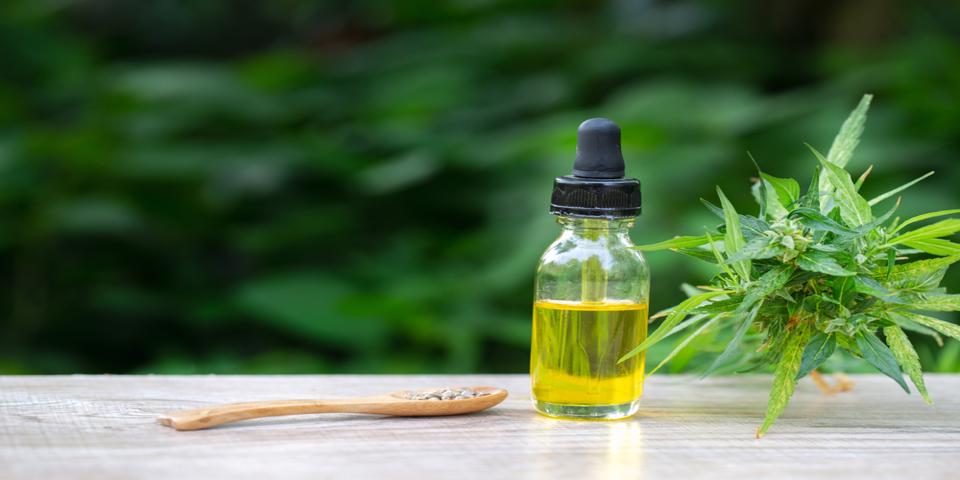
In Illinois and most other parts of the United States, Cannabis was first prohibited in 1937 under the Marijuana Tax Act. The legislation was repealed in 1969, but it was not until 1970 that the Controlled Substances Act (CSA) classified cannabis (including CBD) as a Schedule I drug.
For the next four decades or so, nothing much happened in the way of CBD legislation in the Land of Lincoln. However, that changed dramatically in 2013 when the state legislature legalized cannabis for medical use.
CBD and cannabis both were regulated under the Illinois Compassionate Use of Medical Cannabis Pilot Program. The law allowed registered medical cannabis patients to purchase no more than 2.5 ounces every two weeks. Moreover, CBD oil and other cannabis derivatives could only be purchased from a state-licensed dispensary.
In 2016, the state created a pilot industrial hemp program, allowing the Illinois Department of Agriculture (IDOA) to cultivate hemp for research use. The pilot program granted the same privilege to colleges, universities, and other institutions of higher education in the state. All institutions cultivating hemp were required to present annual reports about their activity to the IDOA.
In 2018, Illinois legislators passed Bill SB2772 officially making the use and sale of CBD legal if it contains less than 0.3% THC content. Under the so-called Low THC Hemp Extract Act, CBD distributors and sellers are allowed to conduct commercial and retail sales if they can produce a certificate of analysis indicating that their products contain 0.3% or less THC by dry weight.
In 2019, Illinois passed landmark CBD legislation to become the 11th state to make cannabis legal for recreational use. In the process, Illinois also became the first state in the US to create a regulatory framework for cannabis cultivation, testing, and sales through a state legislature.
In October of that year, state lawmakers passed a bill requiring all CBD oils, tinctures, and other products available for sale in Illinois to meet testing requirements set forth by the IDOA.
The bill also legalized the purchase of both THC-rich and non-THC CBD products by any Illinoisan aged 21 or over. Any legal buyer can purchase up to 30g of raw cannabis (or CBD) flowers, cannabis-infused CBD products with up to 500mg of THC, and up to 5g of cannabis/CBD concentrate.
The retail sales of adult-use marijuana started on January 1, 2019. Cultivation facilities were allowed to produce products and sell them to dispensaries beginning December 1, 2019. Forty licenses for transporters and infusers are slated to be issued on or before July 1, 2020. The state plans to award licenses to grow marijuana to cultivation centers by July 1, 2021.
What Are the Current Illinois CBD Laws?
CBD legislation in Illinois has recently experienced a tidal shift, with major changes affecting nearly all cannabis products. Although Illinois was the 11th state to make adult-use cannabis legal, the state has long suffered from backward CBD legislation.
The Farm Bill of 2018 caused a major shift in CBD legislation across the US, including Illinois. Alterations have made it much easier for hemp enthusiasts in Illinois to acquire CBD in multiple forms.
Any changes to CBD legislation at the federal level bring about a certain amount of chaos at the state level, which is why it is easy to become confused about the legality of cannabidiol in Illinois. This is particularly true given how greatly the CBD legal landscape has changed, virtually overnight.
For this reason, we have put together information about all current CBD laws in Illinois concerning licensing, labeling, and possession.
a) Licensing
The state’s CBD laws are governed under the Illinois Cannabis Regulation and Tax Act, which entails the issuance of the following forms of business licenses:
Dispensary Licensing – This license is issued by the Illinois Department of Financial and Professional Regulation, through the Division of Professional Regulation (IDFPR) to give cannabis outlets, shops, or other dispensaries the right to provide CBD products to adult-age customers.
If a dispensary is to qualify for or maintain the said license, it must make sure that it only sells to adults who are 21 years of age or older. It must also not sell more than an ounce of dry cannabis, 5 grams of cannabis-derived CBD products in concentrate form, or cannabis-infused CBD products (such as edibles) containing more than 500mg of THC to individual buyers.
Infuser – An infuser license is issued to a facility that directly infuses or incorporates cannabis concentrate into a CBD product to make certain products, such as edibles. An infuser licensee must pay a fee of $5000 before being awarded the license.
To be given the license, the applicant must own 51% or more of the business, and the infuser facility must be controlled by individuals who have resided in a “Disproportionately Impacted Area” by unfair marijuana incarcerations for at least the previous five years.
Transporter – This type of license will begin to be issued on or before July 1, 2020, to cannabis transporting companies. These are organizations tasked with carrying CBD or cannabis-infused CBD products between licensed businesses within Illinois, including crafter growers, cultivation centers, infuser facilities, testing facilities, dispensaries, etc.
Craft Grower – As the name suggests, this business license is awarded to organizations sanctioned by the IDOA to cultivate, cure, dry, and package CBD/cannabis, as well as to conduct other steps necessary to make these products available for sale at dispensaries or use at a processor.
A craft grower can only grow between 5000 and 14,000 sq. ft. of canopy space. The grower can be independently licensed as a dispensary or an infuser on the same premise.
Cultivation Center – Licensed cultivation centers can grow no more than 210,000 sq. ft. of canopy space. This type of license is issued by the Department of Agriculture. The license is valid for up to three calendar years.
b)Labeling
Both hemp-derived and cannabis-derived CBD products in Illinois must conform to specific labeling requirements that contain the following details:
- Packaging date, “use by” date, and production date
- Identity of the testing lab, as well as the date of the test
- The official/registered name of the CBD product
- The identification and location (post office box) of the cultivation center
- Clear language that the CBD product is not for transfer, resale or for medical use
- The content level of CBD, THCA, CBDA, THC, and any other ingredients apart from the cannabinoids
- A unique serial number that aligns with the lot number and producer batch number
The label must also mention, in clear language, the net weight of the product, the amount of active CBD per serving. Suggested dosage is optional.
c)Possession
The sale and cultivation of all hemp-derived CBD products are legal in Illinois. The state does not define any specific possession limits.
However, if you buy CBD containing more than 0.3% THC, you must adhere to cannabis possession limits. That means you cannot possess more than 30g of raw cannabis-derived CBD, edibles/cannabis-infused CBD that has more than 500mg of THC, or 5g of CBD-rich cannabis concentrate.
Is There Any Pending CBD Legislation in Illinois?
As of this writing, there are no pending CBD bills in Illinois, but there are plans by the state to expand the cultivation of industrial hemp.
What Should I Look for When Buying CBD in Illinois?

– Read labels
The devil, as they say, is in the details. With federal and state CBD regulations still being ironed out, finding CBD products that pose the lowest health risk calls for a bit of legwork.
We strongly suggest that you become diligent about checking manufacturer’s sites and reading CBD product labels to understand what you are about to put into your body.
Just as you would want to read the fine print before signing up for a new credit card, it is important to read the label of the product before you shell out your hard-earned dollars. Do not forget that your health and well-being are at stake here.
– Buy from a trusted dispensary
Many dispensaries in Illinois have been granted licenses by the state to dispense adult-use and medical cannabis. These are the best sources of CBD because they are closely monitored and regularly inspected by state officials, so their products are usually topnotch.
You have probably seen at least one store in your neighborhood. These dispensaries are located in just about every region, including several in Chicago, Evanston, Schaumburg, North Aurora, Addison, and Ottawa.
– Consider buying online
Purchasing CBD oil and other products online may be the easiest and most convenient way to get the most bang for your buck. This purchase method gives you many options without having to step out of the comfort of your home. Plus, you get to run background checks and carry out some serious research on businesses before you spend your money on a specific CBD product.
Given the large choice of online retailers and manufacturers, it is crucial to read reviews and double-check every aspect of the grower, dispenser and product. Your potential seller should avail the most info about their sourcing practices, extraction method, and provide 3rd-party testing results.
– Check the Certificate of Analysis (COA)
All cannabis/CBD dispensaries in Illinois must provide a Certificate of Analysis, better known as a COA. This is a critical document because it details the results of third-party lab testing that checks for aspects such as ingredients, contaminants, and CBD/THC potency.
Of more importance, make sure the COA’s batch number matches the one on the product’s packaging or label. The state of Illinois makes it easy to locate this information with a QR code.
– Check potency
There is a good chance you are purchasing a CBD product to help you with a condition, be it chronic pain, anxiety, or insomnia, or to increase your general sense of wellness. That is why you should always look for potency information, which will also help with getting the dosage right.
The Certificate of Analysis (mentioned above) should also indicate the amount of THC, CBD, and other cannabinoids listed on the product’s label or packaging. When it comes to potency, the COA ought to confirm the CBD and THC content both by dose and in total.
– Check Hemp origin
Generally, it is best to look for CBD products extracted from hemp grown in Illinois, or preferably within the US. Hemp sourced from other countries potentially places cultivation regulations and quality controls rules that differ from those of the US. Production rules may not even exist in the country off origin.
– Testing methods
When checking the Certificate of Analysis, ensure that the third-party lab carrying out the testing is accredited and meets the standards, most notably ISO-17025. It is paramount that the lab’s testing methods have been endorsed by at least one of 3 leading regulatory associations: the U.S. Pharmacopeia, the American Herbal Pharmacopoeia, or the Association of Official Agricultural Chemists.
If any specific seller fails to provide or is willing to share this info, you are better off steering clear of its products. The last thing you want is to put something dangerous into your body, or worse, break federal or state laws.
Types of CBD Products in Illinois
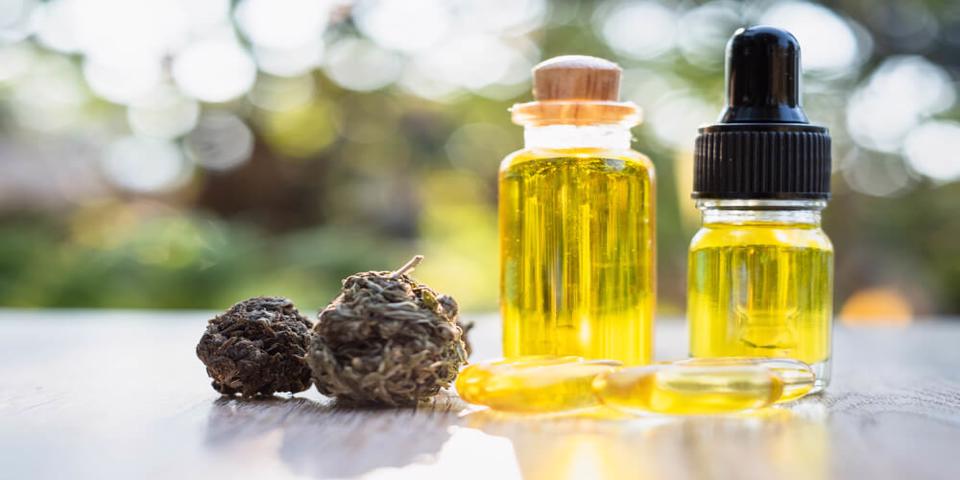
There are many different CBD products in Illinois, including these:
CBD Oil – This is the preferred form of cannabidiol for most Illinoisans because CBD oils come in many strengths and are easy to dose. Hemp-derived CBD oils can be legally bought at any drug store, vape shop, CBD retailer, or cannabis dispensary.
However, marijuana-derived CBD oil products can only be legally bought at state-licensed cannabis outlets and dispensaries, even if they contain less than 0.3% THC content.
CBD Tinctures – For these products CBD extract is suspended in an oil, water, or alcohol carrier. These products must adhere to the same requirements that apply to CBD oils.
Vaping – There are two restrictions on the use of THC-rich CBD vaping products: first, you must be 21 or over; second, you cannot vape in public areas.
Public areas don’t only mean public parks, theaters, schools, and streets. They include a prohibition against vaping or smoking CBD in clubs, bars, and other entertainment spots. Vaping/smoking stations have been set aside in cannabis outlets and other establishments for this purpose.
Edibles/Gummies – All types of CBD gummies or edibles are legally safe for sale and consumption in Illinois. However, if they contain more than 0.3% THC, you must get them from a licensed dispensary. The law does not allow any consumable containing more than 500mg of THC to be sold.
Beverages – CBD is not approved by the FDA as a nutritional additive. However, there is no law prohibiting the sale of CBD beverages that contain less than 0.3% THC.
Creams/Topicals – Topicals and creams laced with CBD extracted from marijuana may only be sold in state-licensed dispensaries. However, hemp-derived CBD topicals are legally available at many online and street shops.
Conclusion
Now is the best time to start consuming CBD in Illinois, but it is important to understand that there is a bit of legal gray area. Following the passage of the Cannabis Regulation and Tax Act, Illinoisans can legally purchase many CBD products from its many state-licensed cannabis shops and dispensaries. Most hemp-derived CBD products can also be safely purchased online and from other offline stores.
YOU MIGHT ALSO LIKE:

